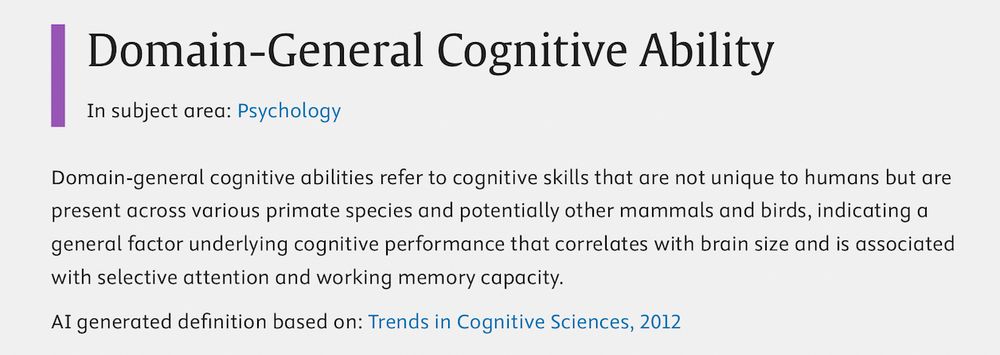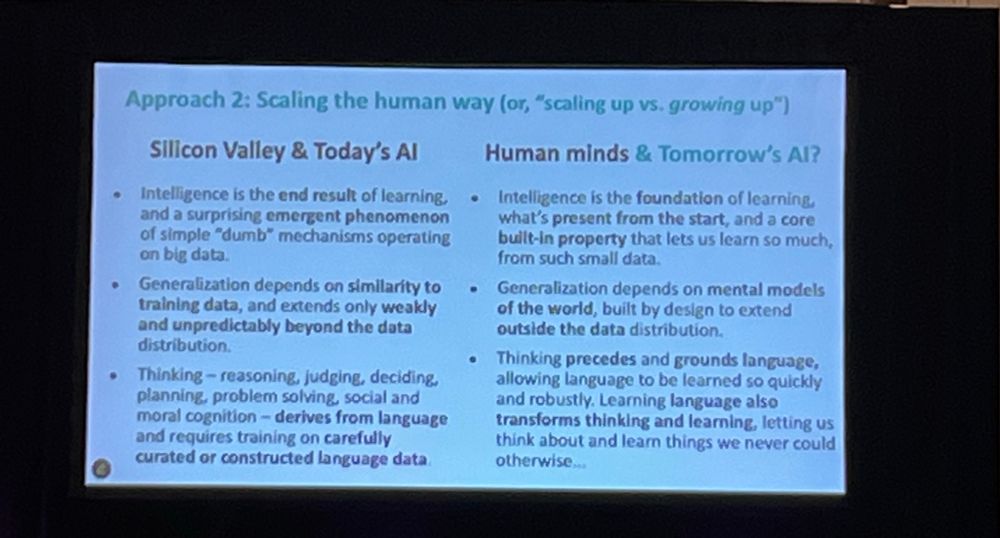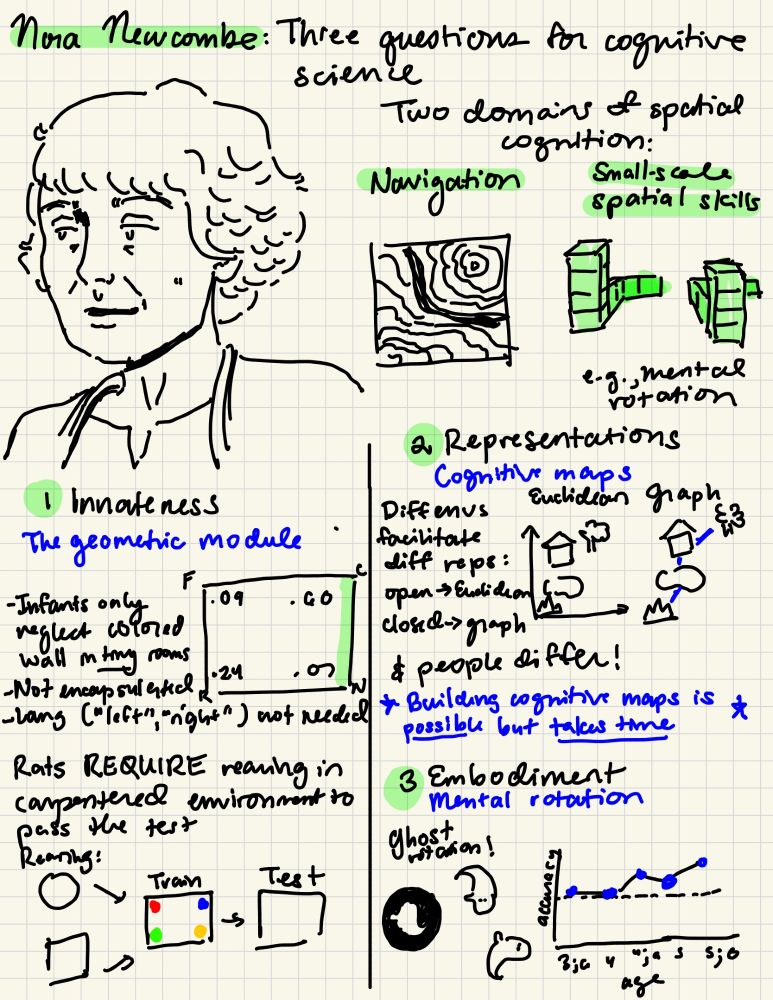Nicole McNeil
@nicolemmcneil.bsky.social
1.2K followers
370 following
68 posts
Cognitive scientist, Carnegie Mellon alum. Mathematical cognition, symbolic reasoning, and reading research. Advocate for high impact tutoring and #opensci. On, Wisconsin! 🏟 Go Irish! ☘️
Posts
Media
Videos
Starter Packs
Reposted by Nicole McNeil
Reposted by Nicole McNeil
Reposted by Nicole McNeil
Reposted by Nicole McNeil
Reposted by Nicole McNeil
Reposted by Nicole McNeil
Reposted by Nicole McNeil
Reposted by Nicole McNeil
Jenna Norton
@jenna-m-norton.bsky.social
· Aug 19
Reposted by Nicole McNeil
Reposted by Nicole McNeil
Reposted by Nicole McNeil
Reposted by Nicole McNeil
samuel mehr
@mehr.nz
· Aug 9

Large-scale multi-site study shows no association between musical training and early auditory neural sound encoding - Nature Communications
Widely cited studies have claimed that musical training is associated with enhanced neural encoding for sound at early stages of the auditory system. Results from this large-scale multisite study do n...
www.nature.com
Reposted by Nicole McNeil
Reposted by Nicole McNeil
samuel mehr
@mehr.nz
· Aug 3
Reposted by Nicole McNeil
Reposted by Nicole McNeil
Reposted by Nicole McNeil




















